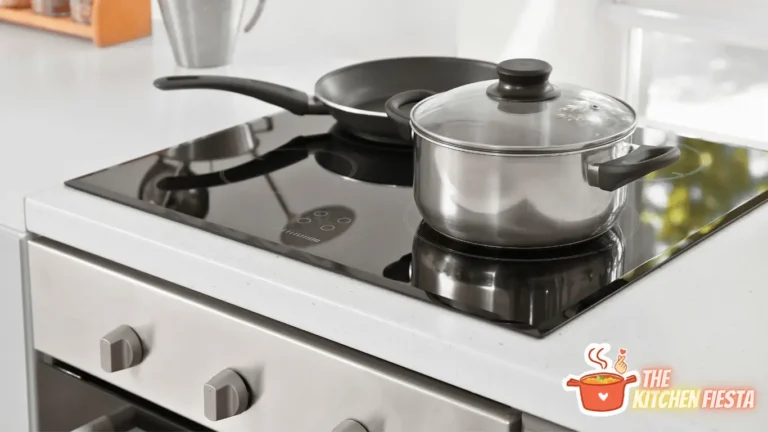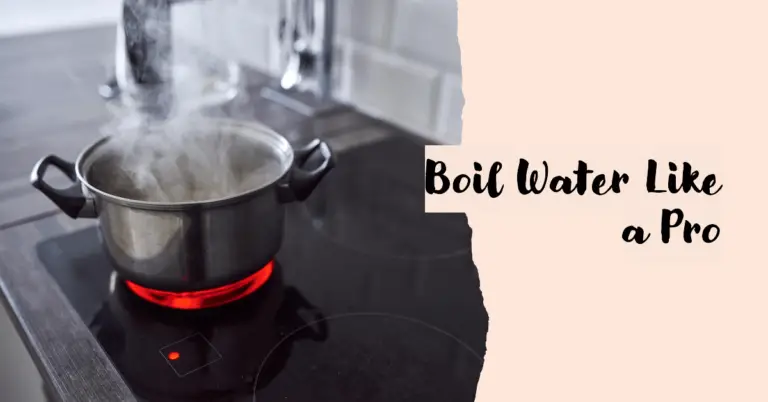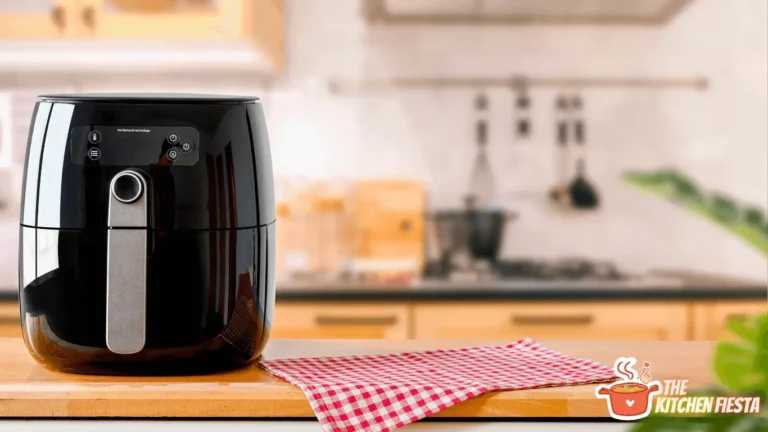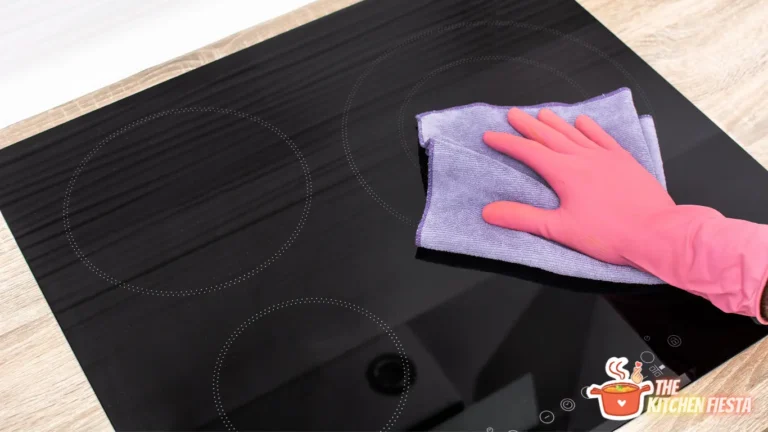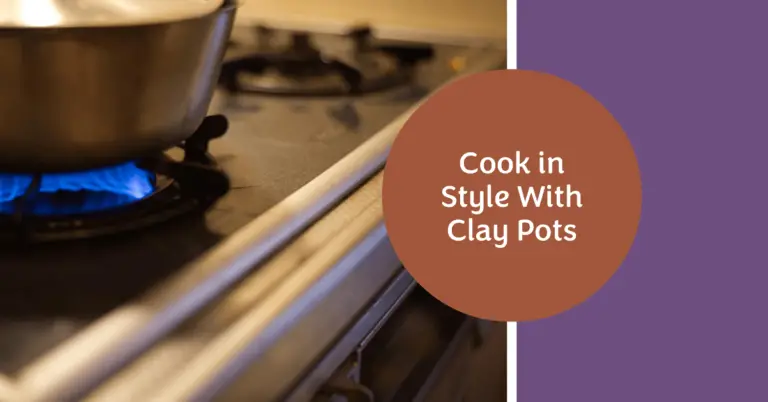How Long Can an Alcohol Stove Burn? Factors That Impact Burn Times

Alcohol stoves can burn anywhere from 10 minutes to over an hour depending on conditions. Fuel amount, wind, temperature, elevation, stove design and simmering vs high heat all impact alcohol stove burn times. This in-depth guide covers everything from how alcohol stoves work to fuel efficiency tips so you know exactly what to expect from your alcohol stove’s burn time.
Backpackers and preppers alike love alcohol stoves for their simplicity, light weight, and ability to boil water fast. An alcohol stove runs on denatured alcohol, isopropyl alcohol or ethanol fuel, avoiding the need to carry pressurized gas canisters.
But one question often comes up – how long will an alcohol stove burn on a single filling of its alcohol fuel reservoir? The answer depends on several factors.
In this complete guide you’ll learn:
- How alcohol stoves work to boil water
- What affects an alcohol stove’s burn time
- Average fuel consumption and boil times
- Tips for conserving your alcohol stove fuel
- Safely using your alcohol stove
- And much more!
Let’s start by understanding what an alcohol stove is and how it functions.
What is an Alcohol Stove and How Does It Work?
An alcohol stove is a lightweight, minimal backpacking stove designed to burn alcohol fuel. They are inexpensive and simple to use.
Alcohol stoves contain a small burner cup or reservoir where the alcohol fuel is poured and ignited. Popular fuels are:
- Denatured alcohol
- Isopropyl alcohol (rubbing alcohol)
- Ethanol
- Methanol
As the alcohol burns, it heats and pressurizes air above the flame. This pressure forces air out of small holes around the top of the stove, creating jets.
These jets of air mix with alcohol vapor, feeding the flame and allowing it to burn hotter and more efficiently. This nearly invisible flame then quickly heats water in a pot placed over the top of the alcohol stove.
The simple design and ability to quickly boil water with various types of alcohol makes these stoves popular among ultralight backpackers, preppers, and outdoor enthusiasts.
Now let’s look at what factors impact how efficiently an alcohol stove burns and how long it can run before needing a refill.
What Factors Affect How Long an Alcohol Stove Will Burn?
Many variables affect how long your alcohol stove can operate on a single filling of fuel:
Type of Alcohol Used
The type of alcohol fuel you use makes a major difference in burn time. Some burn significantly hotter and more efficiently than others:
- Ethanol alcohol – Ethanol burns the hottest of alcohol fuels. It is very efficient.
- Isopropyl alcohol – Also known as rubbing alcohol. Does not burn as hot or efficiently as ethanol.
- Methanol – Burns cooler than ethanol.
- Denatured alcohol – Ethanol with added substances to make it undrinkable. Burns efficiently.
For longest burn times, choose ethanol or denatured alcohol. Isopropyl alcohol and methanol don’t burn as hot or long.
Wind Conditions
Wind quickly blows heat away from the alcohol flame, making the stove far less efficient. Using a windscreen around your stove cuts down wind and improves burn times.
Outside Air Temperature
The colder the temperature, the longer water takes to come to a boil. Colder temps increase boil times and alcohol consumption. Keep your stove protected from wind to improve efficiency.
Elevation
Higher elevation reduces the boiling point of water. At altitude it takes longer for water to boil, meaning more boil time and more fuel used.
Simmering vs High Heat
Using your alcohol stove at full blast gets water boiling quickly. Simmering at lower temperatures consumes fuel more slowly over time.
Stove Design
Well engineered alcohol stoves feature effective priming chambers, heat exchangers, and jets that maximize airflow and burning efficiency. Poor designs waste more heat and fuel.
Pot Size
A large wide pot dissipates more heat, slowing boil times and using more fuel. Keep your pots narrow to conserve heat.
All of these factors impact how efficiently your alcohol stove can heat and boil water, affecting burn durations. Next let’s look at exactly how much fuel you can expect an alcohol stove to consume.
How Much Alcohol Fuel Does an Alcohol Stove Use?
The amount of alcohol your stove will burn varies based on conditions. But here are some general estimates:
- 1 – 1.5 oz of alcohol fuel to boil 16-24 oz of water
- 2 – 4 oz to simmer cook for 30-60 minutes
For a full meal including bringing water to a boil and simmer cooking, plan on about 3-6 oz of alcohol fuel total. In colder weather or high altitude, bring extra to account for decreased efficiency.
So for a weekend of cooking, bring at least 16-20 oz of fuel in your alcohol stove’s fuel bottle to be safe. Ethanol and denatured alcohol are often sold in 16 oz containers.
With good stove design and proper use, an alcohol stove can stretch a little bit of fuel into enough cooking power for minimalist wilderness adventures.
Next let’s go over some tips to maximize your fuel efficiency and stretch your alcohol as long as possible per fill up.
Tips for Conserving Your Alcohol Stove Fuel
Here are some best practices for getting the longest burn time possible out of each use of your alcohol fuel:
- Use ethanol or denatured alcohol – they burn most efficiently.
- Protect your stove from wind with a foil windscreen.
- Keep pots narrow to conserve heat instead of letting it dissipate.
- Limit simmering which consumes fuel slower over time.
- Completely snuff out the flame when you are done cooking.
- Use a pot cozy around your pot to retain heat after boiling.
Taking steps to maximize efficiency will let you get the most out of every ounce of precious alcohol fuel.
Next let’s look at how long some popular commercial alcohol stoves can burn.
How Long Do Commercial Alcohol Stoves Burn?
There are a variety of commercial alcohol stove models designed for backpacking available today. Some common options include:
Trangia Alcohol Stove
The Swedish Trangia has been a standby alcohol stove for decades. Under good conditions it can burn for 15-25 minutes on around 2 oz of alcohol.
Whitebox Alcohol Stove
Simple and lightweight. The Whitebox can boil with 1-1.5 oz of alcohol and simmer for up to 30 minutes on 2 oz of fuel.
Evernew Alcohol Stove
The compact Evernew is known for its efficiency. It can boil with as little as 1 oz of alcohol and simmer for 60+ minutes on 3-4 oz.
No matter what commercial alcohol stove you choose, following fuel efficiency tips will help maximize burn time. Test out fuel amounts and burn durations before relying on your stove in the backcountry.
Next let’s go over whether making your own DIY alcohol stove is a good option.
Should I Make My Own Alcohol Stove?
Making an alcohol stove from a cat food can or other homemade materials can be a fun DIY project. But performance is often lacking compared to commercial designs.
Homemade alcohol stoves usually require more fuel and have longer boil times than store-bought versions. Their crude design wastes heat and fuel.
While building your own stove teaches useful skills, it’s best not to depend on a homemade alcohol stove as your primary backcountry cooker. Take a commercial stove if you need reliability.
Finally, let’s go over some key safety considerations when using alcohol stoves.
Is it Safe to Use an Alcohol Stove Indoors?
No, it is NOT safe to use an alcohol stove inside a tent, close quarters or non-ventilated area.
Alcohol fuel is highly flammable. The nearly invisible alcohol flame can quickly cause burns and fires if used carelessly.
Always exercise extreme caution when handling alcohol fuel and lighting your stove. Use outdoors in open areas only. Have water on hand to extinguish the flame if needed.
Understanding safe practices for your alcohol stove lets you harness the power of alcohol fuel while staying protected.
Key Takeaways on Alcohol Stove Burn Times
To wrap up, here are the key points to remember:
- Alcohol stove burn times vary based on conditions and stove design
- 1-1.5 oz alcohol boils 16-24 oz water
- 2-4 oz alcohol simmers 30-60 minutes
- Ethanol and denatured alcohol burn most efficiently
- Use a windscreen to protect the stove from wind
- Keep pots narrow to conserve heat
- Expect longer boil times at high altitude
- Completely snuff out the flame when finished cooking to conserve fuel
With some practice you can easily estimate fuel needs and get reliable performance from an alcohol stove for all your backpacking meals and hot drinks.
Knowing what factors impact efficiency allows you to get the longest burn possible from every fill up of your alcohol fuel supply. Enjoy the simplicity and ultralight convenience of cooking with alcohol stoves!

